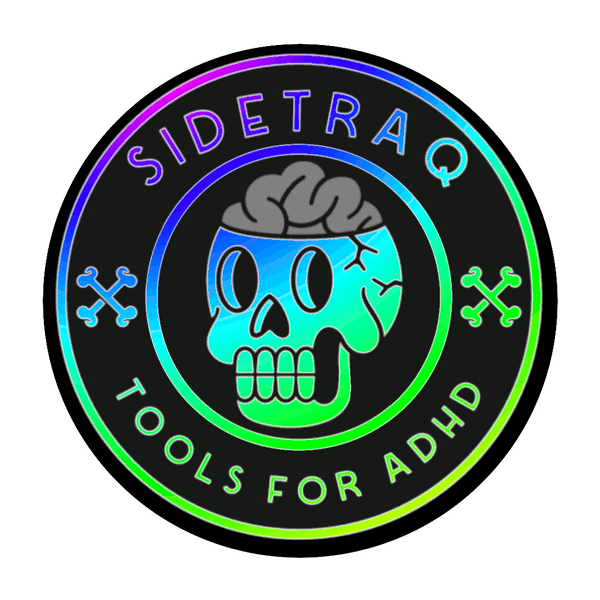As someone who grapples with Attention Deficit Hyperactivity Disorder (ADHD), I understand firsthand the challenges of staying focused and organized, especially when it comes to taking notes. In a world where information comes at us fast and furious, finding effective strategies for note-taking is essential for staying on top of tasks and retaining important information. Today, I want to share some tried-and-tested strategies for note-taking with ADHD, straight from the perspective of someone who's been there.
-
Find Your Note-Taking Style: One size does not fit all when it comes to note-taking. Experiment with different methods—whether it's traditional handwritten notes, typed notes on a laptop, or even audio recordings—to find what works best for you. Some people with ADHD find that the act of physically writing helps reinforce memory, while others prefer the speed and flexibility of typing.
-
Stay Engaged: Active engagement is key to effective note-taking. Instead of passively transcribing everything you hear, try to actively listen for key points and concepts. Engage with the material by asking questions, making connections, and summarizing information in your own words. This not only helps improve comprehension but also makes your notes more meaningful and memorable.
-
Use Visual Aids: Visual aids can be powerful tools for organizing and retaining information. Incorporate diagrams, charts, and color-coding into your notes to help illustrate complex concepts and enhance comprehension. Visual cues can also make it easier to quickly locate and review important information later on.
-
Chunk Information: Break information down into smaller, more manageable chunks to make it easier to process and remember. Instead of trying to capture every detail verbatim, focus on capturing the main ideas and key points. Use bullet points, headings, and subheadings to organize your notes in a way that makes sense to you.
-
Review and Revise: Regularly review and revise your notes to reinforce learning and identify areas that may need further clarification. Set aside time each day or week to go over your notes, fill in any gaps, and make connections between different topics. This not only helps solidify your understanding but also helps combat forgetfulness—a common challenge for individuals with ADHD.
-
Minimize Distractions: Create a conducive environment for note-taking by minimizing distractions as much as possible. Find a quiet, comfortable space where you can focus without interruptions. Consider using tools like noise-canceling headphones or white noise machines to help block out distractions and maintain concentration.
-
Be Kind to Yourself: Finally, be kind to yourself and recognize that note-taking with ADHD can be challenging. It's okay to make mistakes, miss details, or struggle to stay focused at times. The important thing is to keep experimenting, learning, and adapting until you find strategies that work best for you.
In conclusion, note-taking with ADHD requires creativity, adaptability, and patience. By finding your unique note-taking style, staying engaged with the material, using visual aids, chunking information, regularly reviewing and revising your notes, minimizing distractions, and being kind to yourself along the way, you can overcome the challenges of ADHD and become a master note-taker. Remember, your journey is unique, and with perseverance and determination, you can succeed in capturing and retaining important information effectively.
